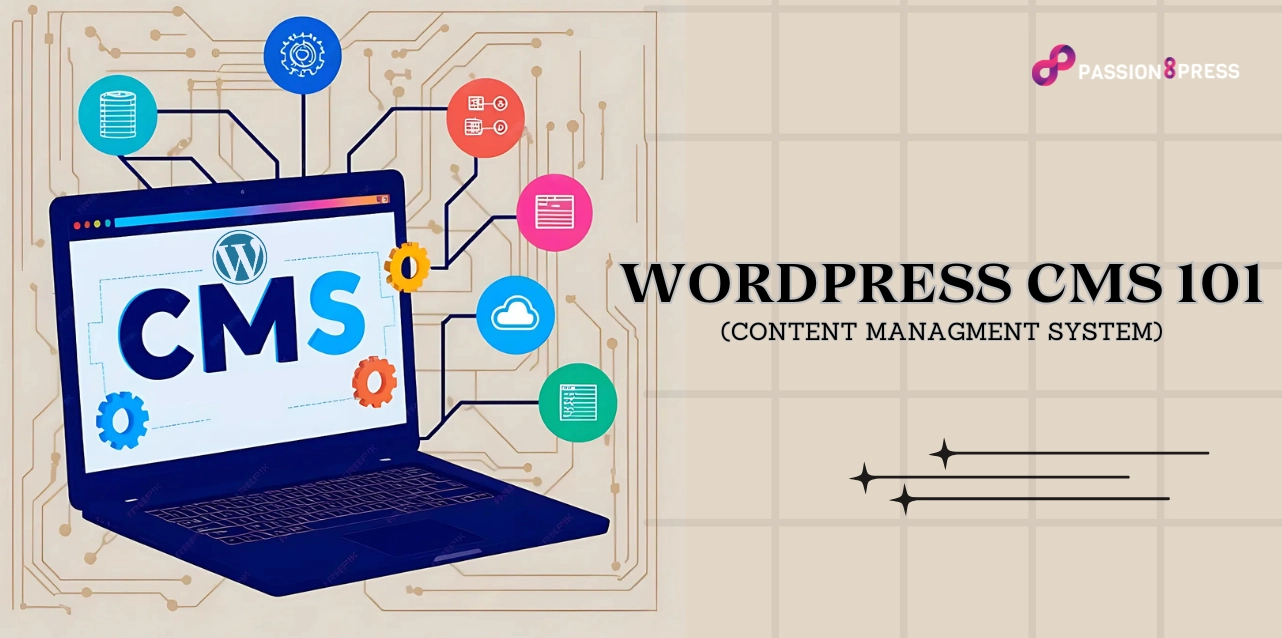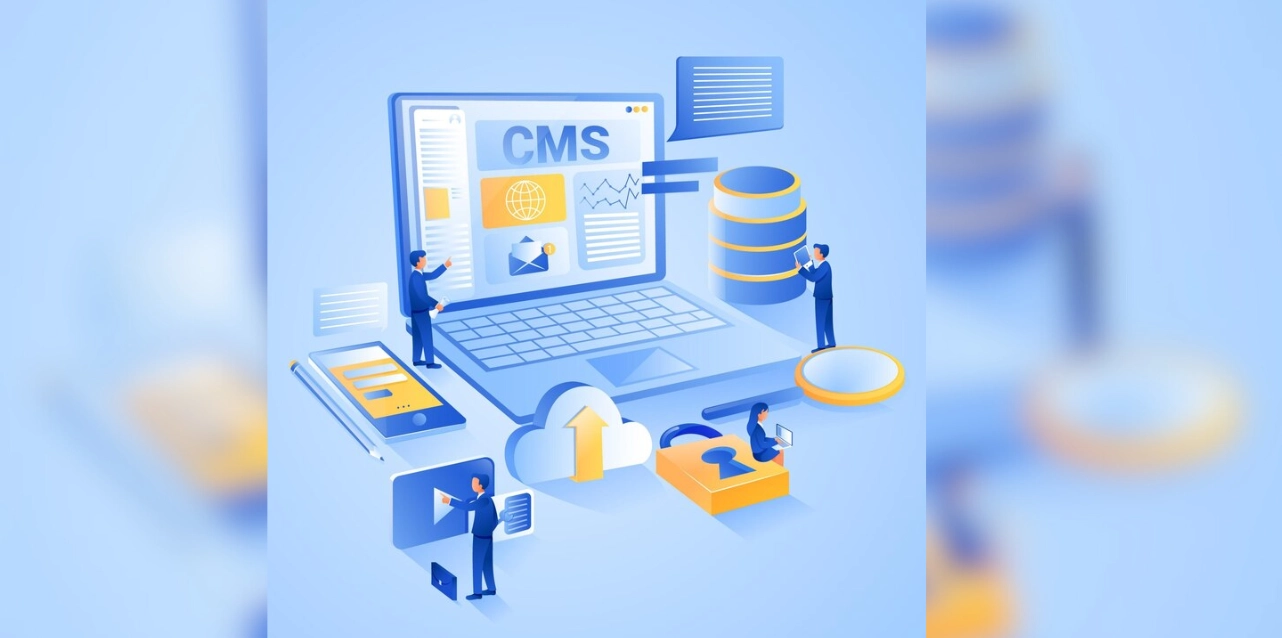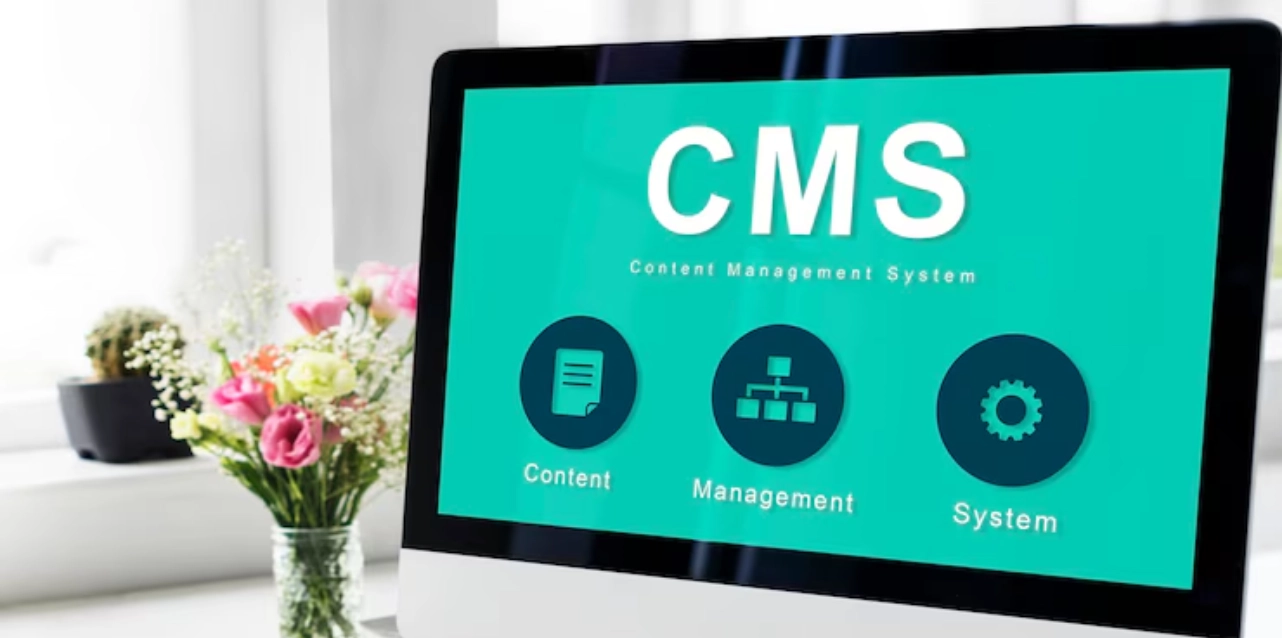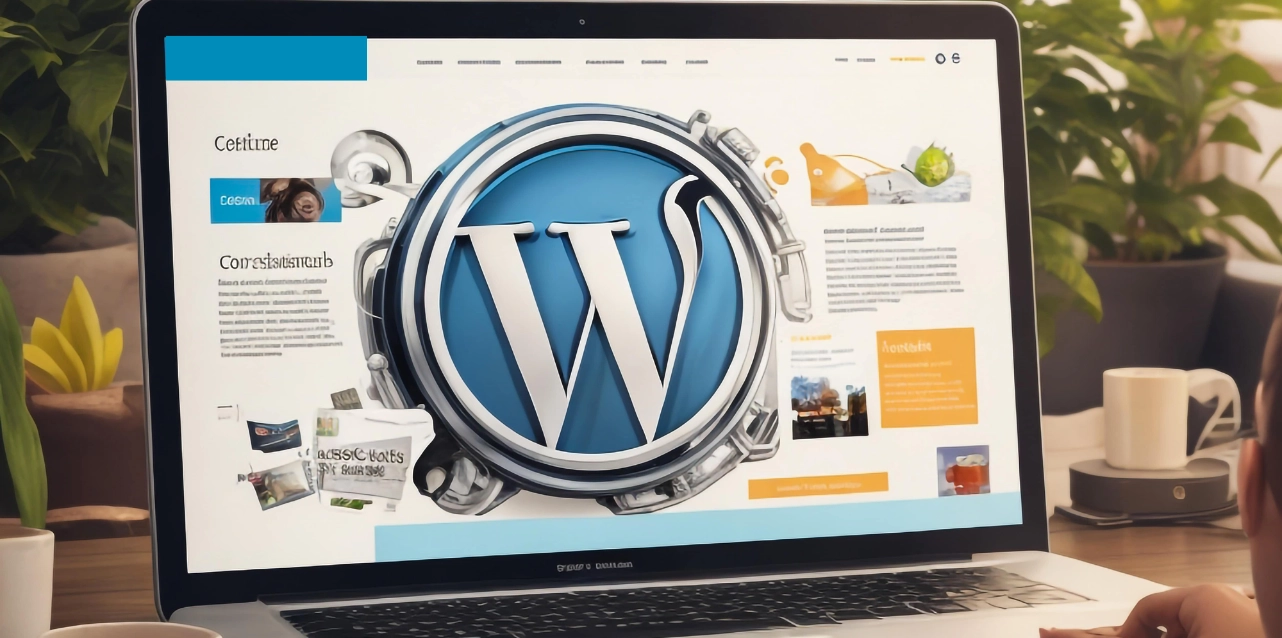Are you having difficulty creating a professional, functional website? Many individuals and businesses face obstacles such as high development costs, complex technical requirements, and the ongoing demands of website maintenance. WordPress effectively addresses these challenges by offering user-friendly WordPress cms.
This cms system simplifies the website creation process. With its extensive library of themes and plugins, with strong community support, WordPress enables users to design and manage a visually appealing and fully functional website without requiring advanced technical skills. In this blog, we will discover how WordPress can help you navigate common website challenges and empower you to develop a site that aligns with your objectives.
In a hurry? Listen to the blog instead!
What Is A CMS System?
A WordPress Content Management System (CMS) is a platform designed to create, manage, and modify digital content, typically for websites. WordPress is one of the most popular CMSs in the world, allowing users to build websites without requiring extensive coding knowledge.
WordPress CMS offers a user-friendly interface, themes, and plugins, enabling customization and functionality for various website types, from blogs to e-commerce stores.
Why Are Content Management Systems Important?
CMS platforms enhance business operations by promoting five essential qualities of a high-performing enterprise:
- Efficiency: CMS allows you to easily create, edit, and publish content without needing coding skills, saving time while achieving the same goals.
- Effectiveness: A CMS boosts overall business performance by optimizing content for search engines and enabling social sharing.
- Sustainability: CMS provides a long-term website maintenance solution with features like media storage and revision tracking.
- Scalability: As your business grows, a CMS allows you to add pages, content, and functionality, supporting scalability.
- Consistency: By enforcing brand standards such as fonts, colors, and styles, a CMS helps build trust with your audience by maintaining a consistent brand presence.
What Does A WordPress CMS Do?
CMS platforms offer a range of features that empower you and your team to manage your website content. Without a CMS, you have to update every part of the website by hand whenever you want to make changes.
For example, updating the size of your headings would need to be done manually across the entire website. A CMS eliminates this hassle, allowing for quicker and more streamlined changes.
Most content management systems provide the following key features:
- Creating, editing, and publishing content
- Searching your content repository
- Managing user roles and permissions
- Organizing website navigation, structure, and taxonomy
- Tagging and categorizing content
- Tracking content revision history
- Storing media files like text, images, video, and audio
- Maintaining a consistent look and feel
- Optimizing content for search engines using metadata and links
- Enabling visitors to share content via social media
How Does A WordPress CMS Work?
The WordPress content management system comprises two primary components: the Content Management Application (CMA) and the Content Delivery Application (CDA).
The CMA serves as the interface where users manage, create, and edit content, while the CDA is responsible for delivering and displaying that content to the website visitors.
The WordPress headless CMS is the “back-end” of WordPress, where you, as the user, create, edit, and manage website content. This part includes the WordPress Admin Dashboard (also called wp-admin), which lets you manage your site’s content, users, and settings. You can access the content editor, organize posts and pages, and monitor site activity from here. Passion8Press can help you in navigating the back end of your WordPress cms. The team specializes in customizing the WordPress experience, providing tailored solutions that streamline content management and enhance usability.
On the other hand, the CDA represents the “front end,” which is what your visitors see. It takes the content created on the back end and displays it on your website when users visit your pages. It is the public-facing side of WordPress, delivering the content to your audience.
Passion8Press specializes in WordPress development solutions for individuals and businesses seeking to enhance their online presence. The team of skilled developers and designers focuses on delivering customized WordPress sites that reflect your unique brand identity.
They also help you with custom website design, theme customization, plugin development, and ongoing support, ensuring your website is visually appealing, functional, and user-friendly.
Why WordPress CMS Is The Perfect For Your Website?
WordPress is a leading content management system (CMS) with several advantages, making it a preferred choice over other platforms. Here are some key benefits of using WordPress:
-
User-Friendly Interface
WordPress offers an intuitive interface that is easy to navigate, making it accessible for users at all technical skill levels to manage and update their websites efficiently.
-
Cost-Effective and Open Source
WordPress is free to use, avoiding licensing costs. Additionally, the availability of numerous free themes and plugins reduces the overall development and maintenance costs.
-
Extensive Themes and Plugins
WordPress allows easy customization to fit your design preferences and functional needs with thousands of themes and plugins available. Themes control the website’s appearance, while plugins enable the addition of new features.
-
SEO-Optimized
WordPress CMS is built with SEO best practices in mind, offering features like customizable URLs, meta tags, and SEO plugins that make it easy to optimize your site for search engines and improve visibility.
-
Secure and Dependable
WordPress regularly updates its platform to address website security vulnerabilities, ensuring the website remains protected and reliable against potential threats.
-
Strong Community Support
Backed by a large community of developers and users, WordPress provides extensive resources such as forums, tutorials, and support tools, making it easy to find assistance and solutions.
-
Scalability for Growth
Whether running a small blog or a large enterprise website, WordPress CMS is scalable and can grow with your needs, allowing flexibility as your business or website expands.
-
Customization Flexibility
WordPress’s wide variety of themes and plugins provides endless customization possibilities, catering to diverse website types, from personal blogs to e-commerce platforms.
-
Regular Updates
WordPress continuously rolls out new features and security updates. It ensures your site remains current and well-protected.
-
Custom Code Capability
WordPress provides the ability to integrate custom code, allowing for greater control over the site’s design and functionality for experienced users and developers.
Read More
How To Secure A WordPress Site: Causes And Steps To Overcome It
Maximize Your Revenue Through WordPress Web Design Services
7+ Benefits Of WordPress Site Development You Should Know
The Bottom Line
WordPress CMS remains a leading choice for individuals and businesses seeking to establish a robust online presence. The combination of flexibility, user-friendliness, and extensive customization options empowers users to create websites that reflect their vision. With a vibrant community providing ongoing support, you can feel confident in navigating any challenges that arise.
However, if you’re looking for expert assistance in harnessing the full potential of WordPress, Passion8Press is here to help you every step of the way. You can also hire WordPress developers from them. Embracing WordPress content management is not just about building a website; it’s about setting the foundation for your online success.
Frequently Asked Questions
Q: Can you create your own CMS?
Yes, you can develop a tailored content WordPress management system that meets your specific requirements and those of your users by using the appropriate tools and thorough planning. Start by outlining your needs and designing your system architecture. After that, you’ll need to construct backend and front end of your CMS, incorporate advanced features, and conduct testing.
Q: What are some alternatives to WordPress CMS?
Some alternatives to WordPress CMS include Joomla, Drupal, Wix, Squarespace, Shopify, Ghost, Magento, Weebly, Contentful, and Blogger, each offering unique features and capabilities tailored to various needs.











